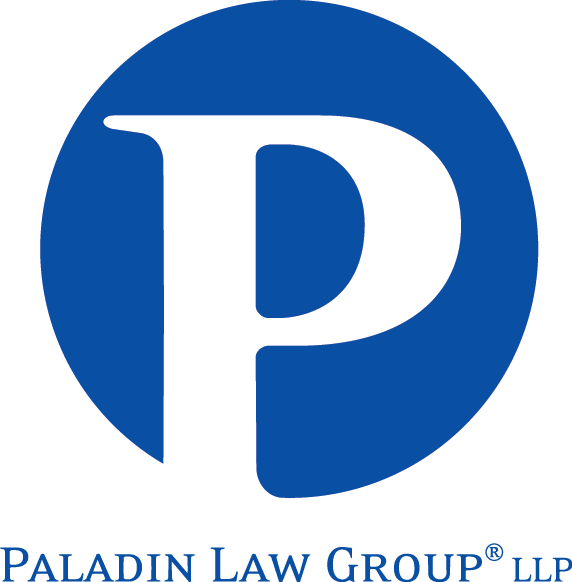Recovery of Voluntary Cleanup Costs Under CERCLA – Answers from the High Court
- January 11, 2009
- Paladin Law Group® LLP
- Publications
- 0 Comments
By Bret A. Stone and John R. Till
After years of uncertainty on a key issue for environmental lawyers and the clients they represent, the United States Supreme Court in United States v. Atlantic Research Corp., __ U.S. __, 127 S. Ct. 2331 (2007) recently held that a potentially responsible party (“PRP”) may recover costs it incurs in responding to environmental contamination from other PRPs under CERCLA section 107(a). The decision is important as it finally provides answers to questions that were left open by the High Court’s decision in Cooper Industries v. Aviall Services, Inc., 543 U.S. 157 (2004). Namely, can a PRP who incurs “voluntary” cleanup costs recover those costs from other PRPs under CERCLA? The Court said that it can.
Atlantic Research leased property at a naval ammunition depot in Arkansas operated by the Department of Defense where it retrofitted rocket motors using a high-pressure water spray to remove pieces of propellant from the rocket motors. Atlantic Research then burned the propellant pieces. Some of the resultant wastewater and burned fuel contaminated soil and groundwater at the site.
Atlantic Research cleaned the site at its own expense and then sought to recover some of its costs by suing the United States under both section 107(a) and section 113(f). After the Supreme Court’s decision in Cooper Industries foreclosed relief under section 113(f), Atlantic Research amended its complaint to seek relief under section 107(a) and federal common law.
Agreeing with Atlantic Research, the Supreme Court has now identified two distinct remedies for PRPs under CERCLA: (1) under section 113(f), a right to seek contribution from other parties where the PRP has been compelled to pay more than its proportionate share of joint liability pursuant to Cooper Industries; and (2) under section 107(a), a right to recover the costs it incurs in investigating and cleaning up contaminated property from other PRPs pursuant to Atlantic Research. The Supreme Court explained that the remedies available in sections 107(a) and 113(f) complement each other by providing causes of action “to persons in different procedural circumstances.” As the Court stated:
“Section 113(f)(1) authorizes a contribution action to PRPs with common liability stemming from an action instituted under § 106 or § 107(a). And § 107(a) permits cost recovery (as distinct from contribution) by a private party that has itself incurred cleanup costs. Hence, a PRP that pays money to satisfy a settlement agreement or a court judgment may pursue § 113(f) contribution. But by reimbursing response costs paid by other parties, the PRP has not incurred its own costs of response and therefore cannot recover under § 107(a). As a result, though eligible to seek contribution under § 113(f)(1), the PRP cannot simultaneously seek to recover the same expenses under § 107(a). Thus, at least in the case of reimbursement, the PRP cannot choose the 6-year statute of limitations for cost-recovery actions over the shorter limitations period for § 113(f) contribution claims.”
The Court further noted that for similar reasons, a PRP could not avoid section 113(f)’s equitable distribution of reimbursement costs among PRPs by instead choosing to impose joint and several liability on another PRP in an action under section 107(a).
Finally, the Court held that permitting PRPs to seek recovery under section 107(a) “will not eviscerate the settlement bar set forth in § 113(f)(2)” [section 113(f) bars contribution claims against “[a] person who has resolved its liability to the United States or a State in an administrative or judicially approved settlement . . . .”]. According to the Court, a defendant PRP can trigger equitable apportionment by filing a section 113(f) counterclaim and a district court “would undoubtedly consider any prior settlement as part of the liability calculus.” Further, the Court noted that the “settlement bar continues to provide significant protection from contribution suits by PRPs that have inequitably reimbursed the costs incurred by another party.” Finally, “settlement carries the inherent benefit of finally resolving liability as to the United States or a State.”
While it remains to be seen whether more PRPs undergo voluntary cleanups following United States v. Atlantic Research, the decision certainly removes one of the disincentives of undergoing such work now that they can seek reimbursement from other PRPs.

Leave a Reply
You must be logged in to post a comment.